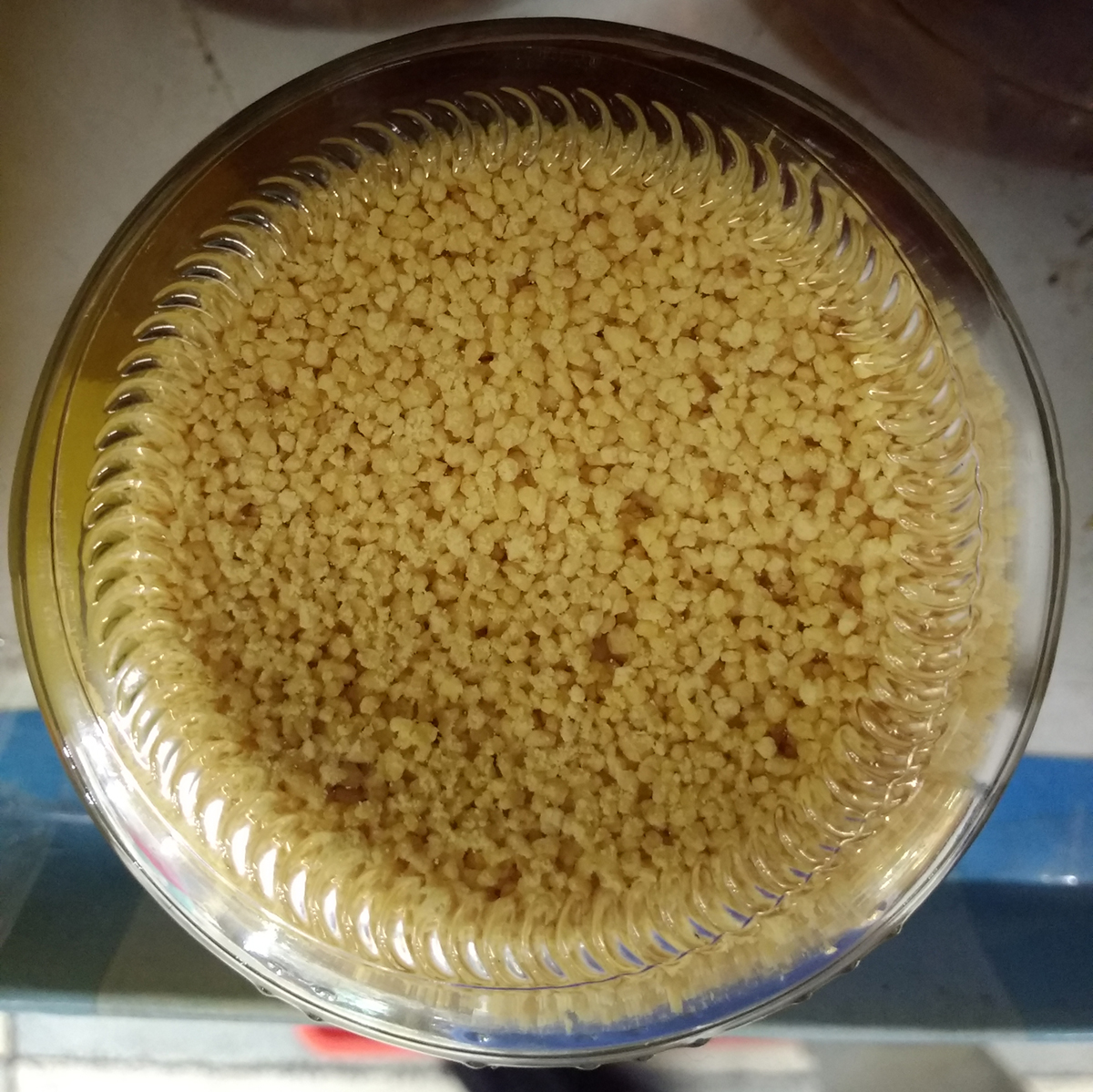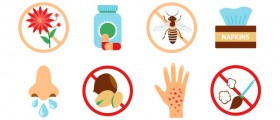
Soy lecithin allergy is a kind of food allergy, characterized by a hypersensitivity to dietary substances from soy. As in any other allergy, symptoms occurs because an overreaction of the immune system. Lecithin is yellow-brownish fatty substance derived from soy, and other food sources. Soy lecithin is used as common ingredient in foods, paint and many pharmaceutical products.
Soy lecithin allergy is among the nine most common food allergens for pediatric and adult food allergy patients. Allergic reactions may range from mild to severely dangerous reaction known as anaphylaxis, a medical emergency state that requires immediate attention. Anaphylaxis, characterized by systemic vasodilation which results in low blood pressure, can be fatal if not treated immediately.
Soy Lecithin Allergy Symptoms
Soy lecithin allergens react by producing vast amounts of antibodies, known as immunoglobulin. Antibodies are mistakenly attacking healthy tissues of the body and causing the symptoms of allergic reactions. The most common symptoms include: coughing, sneezing, runny hose, hives, diarrhea, facial swelling, shortness of breath, a swollen tongue, difficulty swallowing, lowered blood pressure, excessive perspiration, fainting, anaphylactic shock, or even death.
However, more common reactions to soy lecithin allergens are delayed allergic reactions. These reactions are less dramatic and they are characterized by production of immunoglobulin A, G, or M, instead of the antibody immunoglobulin E. In these cases, reactions may occur anywhere from two hours to days after exposure to soy lecithin allergens.
Diagnosis, treatment and prevention
Soy lecithin allergy may be extremely annoying. While many would assume these allergies are associated only with food we eat, the truth is that they reach much further. Soy lecithin is used in production of many common products, even the pharmaceutical drugs. If one suspects to have a soy lecithin allergy, it is recommended to get tested. Testing is important to confirm if the individual is actually allergic. However, patients should continue with regular checks every year, as allergies have a common tendency to come and go.
Allergies to soy products are generally a reaction to the soy protein, but many people with soy lecithin allergy can tolerate small to moderate amounts of soy protein. It is estimated that about 90% of sufferers are able to tolerate doses up to 400 mg. Another option is to switch to a different type of lecithin supplement, for example, from egg yolks and sunflower.
Moreover, completely synthetic lecithin should not aggravate the allergy. It is important to consider significant lifestyle moderation and to read food labels carefully. Even already consumed products may be a serious threat, as sometimes manufacturers change ingredients to include soy and soy lecithin in it.

















Your thoughts on this
Loading...